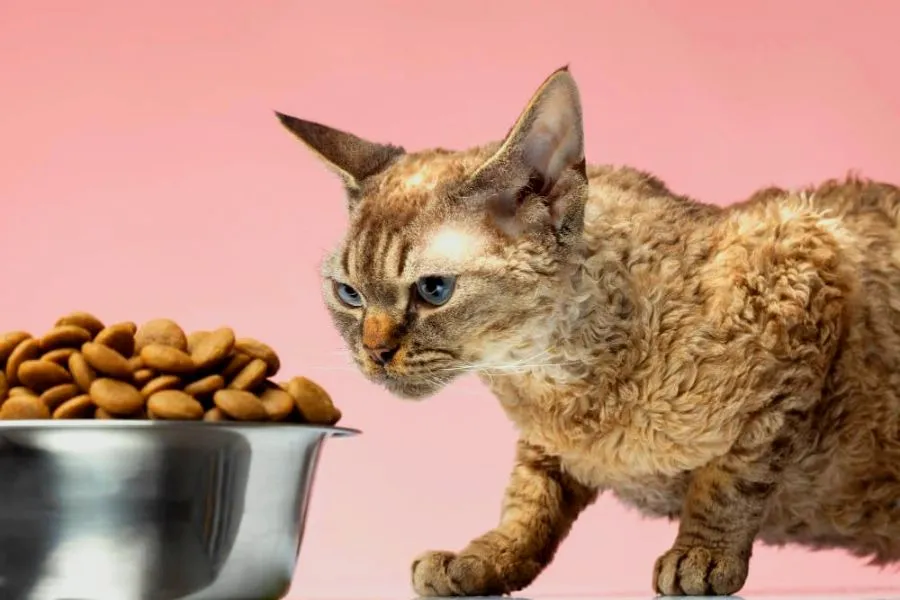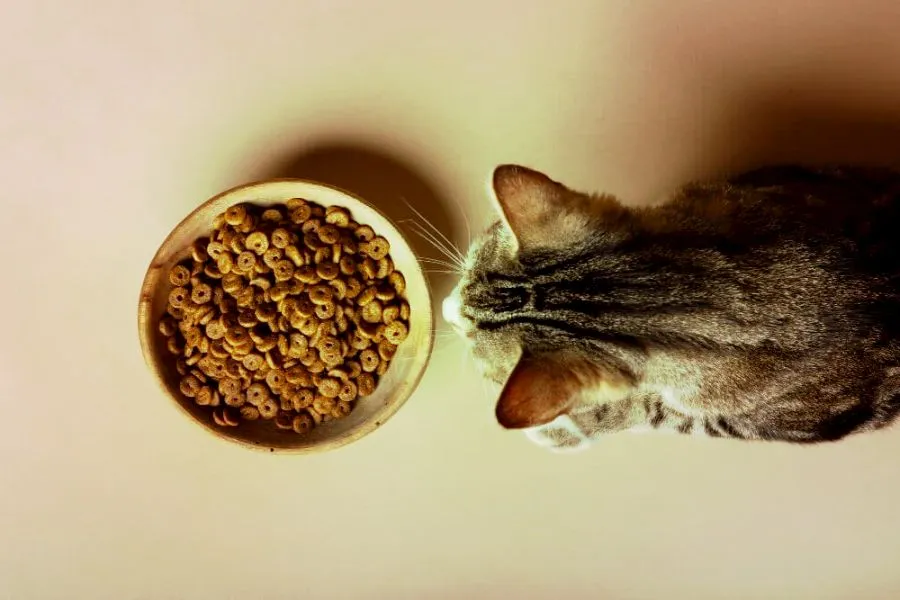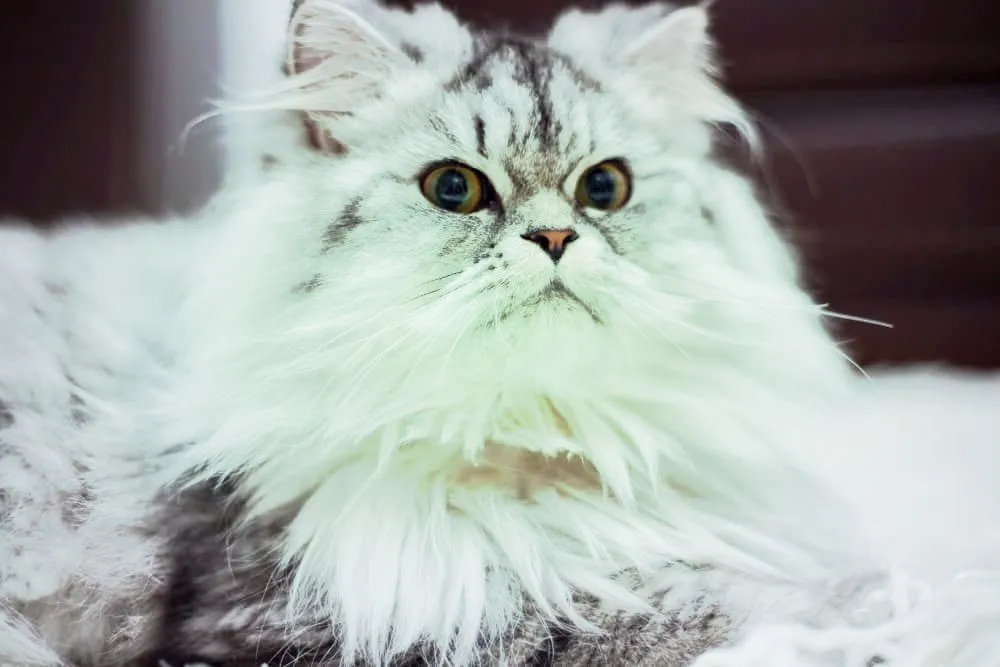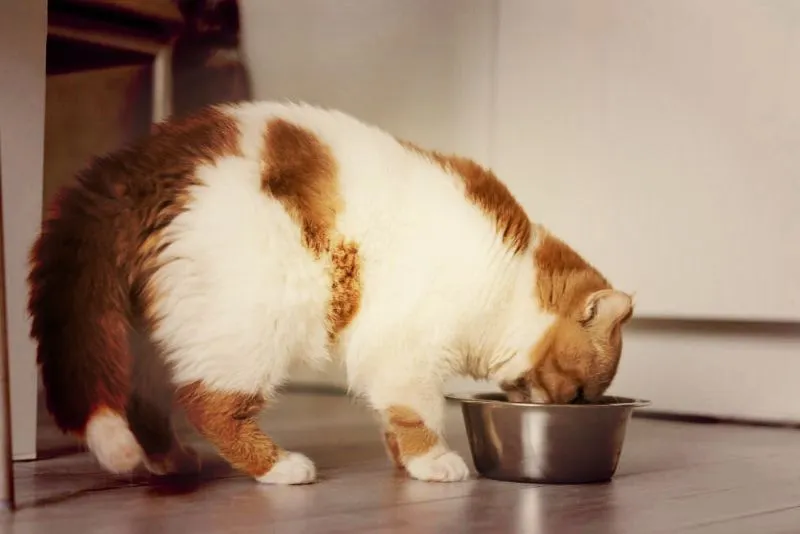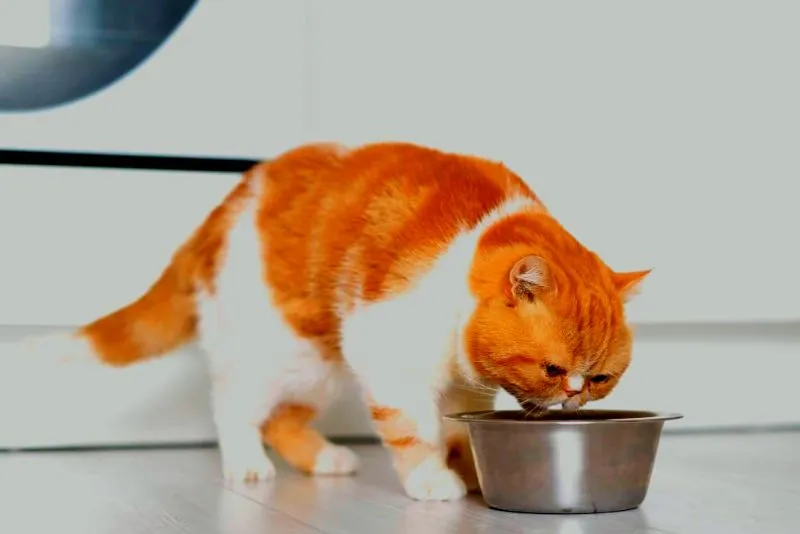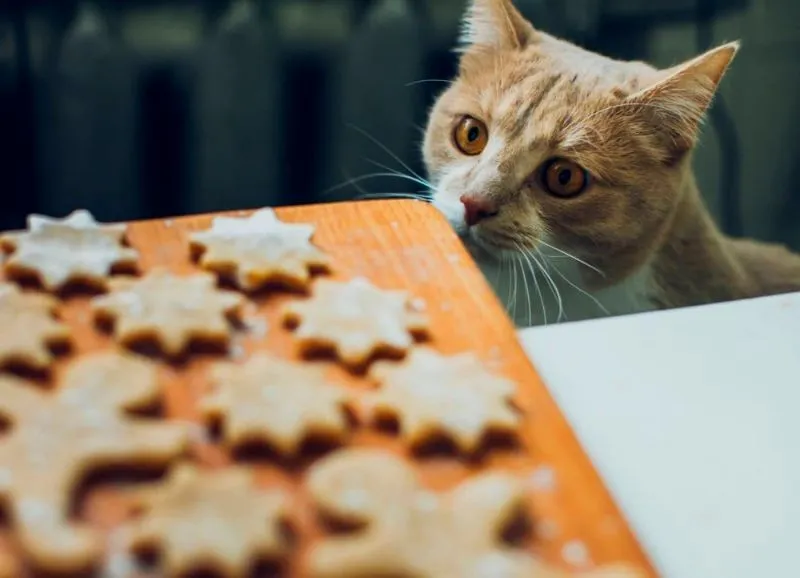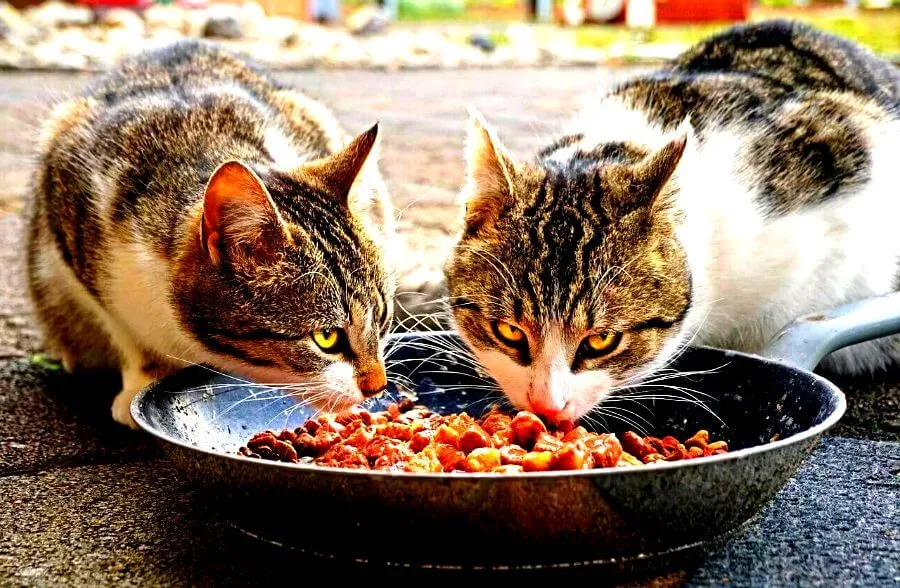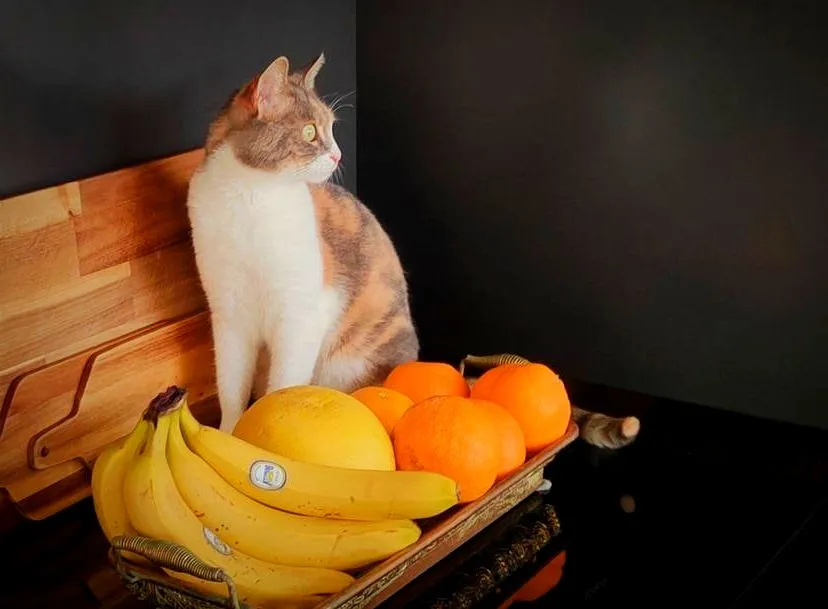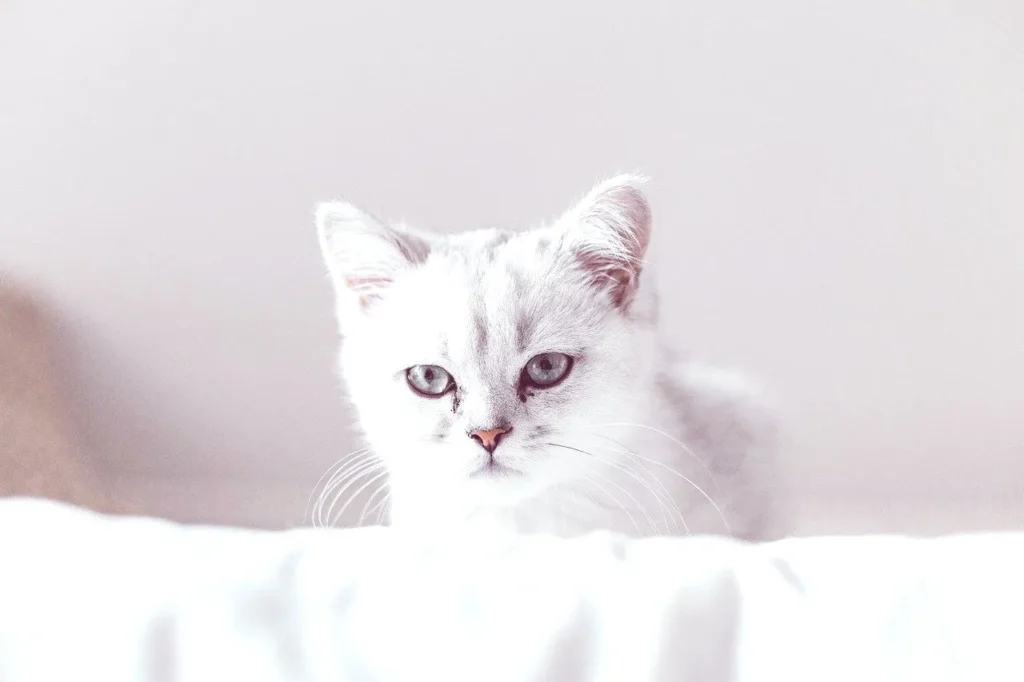
No, cats cannot be vegan or vegetarian due to their nutritional requirements. Cats are obligate carnivores, which means they require nutrients found only in animal tissues, such as taurine and arachidonic acid, for optimal health.
These nutrients are not present in adequate amounts in plant-based diets, making it crucial for cats to consume meat. Attempting to feed a cat a vegan or vegetarian diet can lead to severe health issues and nutrient deficiencies.
It is essential to provide cats with a balanced diet that includes animal proteins to meet their specific nutritional needs.
Is it safe to feed my cat a Vegetarian diet?
Feeding your cat a vegetarian diet may seem like a compassionate choice, but it is important to consider their specific dietary needs. Cats are obligate carnivores, meaning they require nutrients found predominantly in animal tissue to thrive.
While dogs have the ability to digest plant-based proteins, cats lack certain enzymes necessary for this process.
Therefore, it is not safe to feed your cat a vegetarian diet, as it may result in nutritional deficiencies and health issues. Cats require essential nutrients like taurine, vitamin A, and arachidonic acid, which can only be obtained from animal sources.
Attempting to substitute these nutrients with plant-based alternatives may lead to severe health problems for your feline friend. It is essential to prioritize your cat’s health and provide them with a balanced, species-appropriate diet that includes meat-based protein sources.
Consulting with a veterinarian is highly recommended to ensure your cat’s dietary needs are met.
Why Is Vegan Cat Food A Bad Idea?
Cats are obligate carnivores, meaning their bodies are designed to thrive on a diet that consists primarily of meat. While humans can choose to follow a vegan or vegetarian lifestyle, it is not the same for our feline friends.
Cats require nutrients like taurine, arachidonic acid, and vitamin A, which can only be found in animal tissue. Their general health and well-being depend on these nutrients. Feeding cats a vegan or vegetarian diet can lead to severe nutritional deficiencies and health problems.
For instance, taurine deficiency can cause heart disease, blindness, and even death in cats. Additionally, cats may struggle to digest and absorb plant-based proteins efficiently.
It is important to prioritize your cat’s health and provide them with a diet that meets their specific nutritional needs. Consult with a veterinarian to ensure you are feeding your cat a balanced and appropriate diet.
What Are the Risks of Feeding Your Cat Vegan Food?
Feeding cats a vegan or vegetarian diet is a controversial topic among pet owners. While it is possible to meet a cat’s basic nutritional needs with plant-based ingredients, there are risks involved.
Cats are obligate carnivores, meaning they have evolved to obtain essential nutrients from animal-based sources. A vegan or vegetarian diet may lack certain nutrients, such as taurine and vitamin A, which are crucial for a cat’s health.
It can lead to deficiencies and health problems over time, including heart disease, eye issues, and immune system dysfunction. Cats also have a limited ability to digest plant-based proteins, making it difficult for them to absorb nutrients efficiently.
Veterinarians generally discourage feeding cats a vegan or vegetarian diet, as it could compromise their overall well-being. It’s important to consult with a veterinarian to ensure that your cat’s dietary needs are met appropriately, considering their carnivorous nature.
What Should I Feed My Cat?
It is a commonly debated topic whether cats can be vegan or vegetarian. Cats are obligate carnivores, meaning their bodies require nutrients found only in animal tissue. They have specific dietary needs that can only be met through meat consumption.
While humans can thrive on plant-based diets, cats cannot. Their bodies are designed to digest and utilize animal protein efficiently. If you choose to feed your cat a vegan or vegetarian diet, it can lead to nutritional deficiencies and health issues, such as muscle wasting, weakness, and even organ failure.
As a responsible pet owner, it is essential to prioritize your cat’s health and well-being by providing them with a nutritionally balanced diet that includes meat-based protein. Consult with a veterinarian to ensure your cat’s dietary needs are properly met and to make informed decisions about their overall health and nutrition.
Why Do Cats Need Meat?
In order to survive, cats must consume meat because they are obligate carnivores. Meat provides essential nutrients, such as taurine and vitamin A, that cats cannot obtain from plant-based sources. Taurine, for instance, helps ensure healthy heart function and reproductive health in cats.
Without a sufficient supply of taurine, cats can develop serious health issues, including heart disease and vision problems. Another essential nutrient found in meat is vitamin A, which is crucial for maintaining healthy skin, coat, and immune systems.
While some vegetarian or vegan cat food alternatives claim to provide the necessary nutrients, they can be risky for a cat’s health if not properly formulated.
Cats may experience nutritional deficiencies or struggle to digest plant-based proteins efficiently. It is always best to consult with a veterinarian before considering any major dietary changes for your feline friend. Ensuring that your cat’s nutritional needs are met is essential for their overall well-being.
A Final Word
To summarize, while humans have the ability to choose a vegan or vegetarian lifestyle, it is not suitable for cats. Their diet requires specific nutrients that are primarily found in animal products. Being obligate carnivores, cats rely on meat for their overall health and well-being.
Switching them to a plant-based diet can lead to nutritional deficiencies and health issues. It’s important to prioritize the natural dietary needs of cats and consult with a veterinarian for their optimal nutrition.

